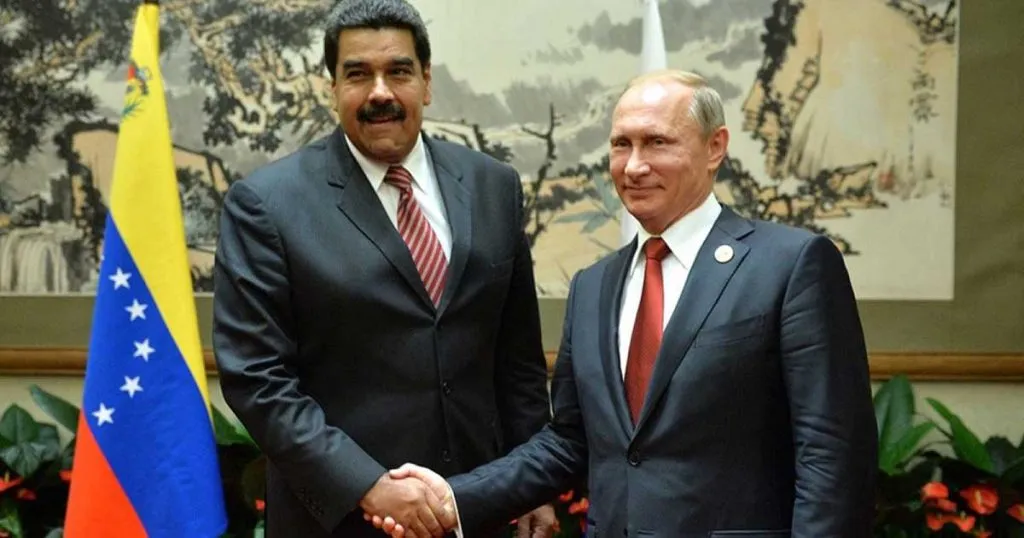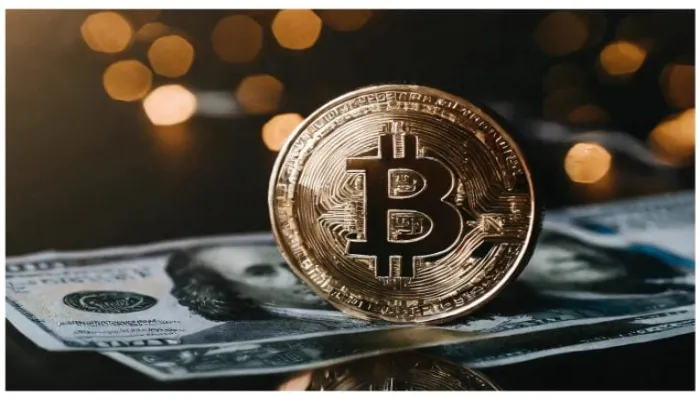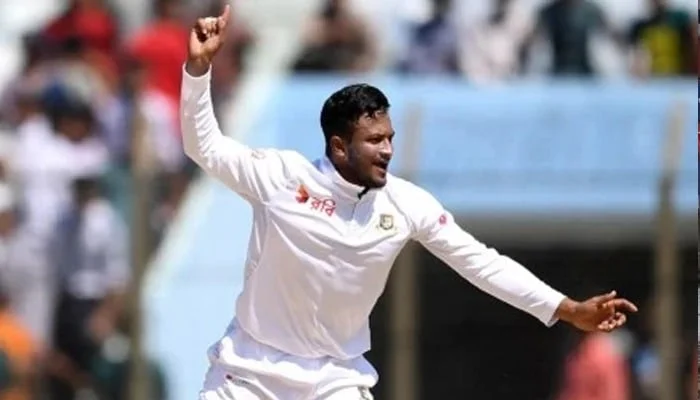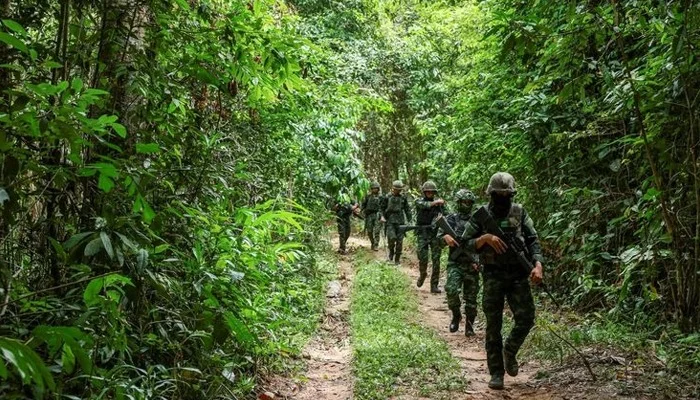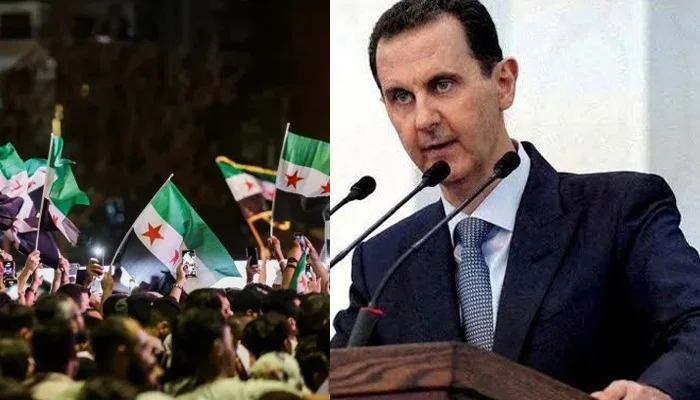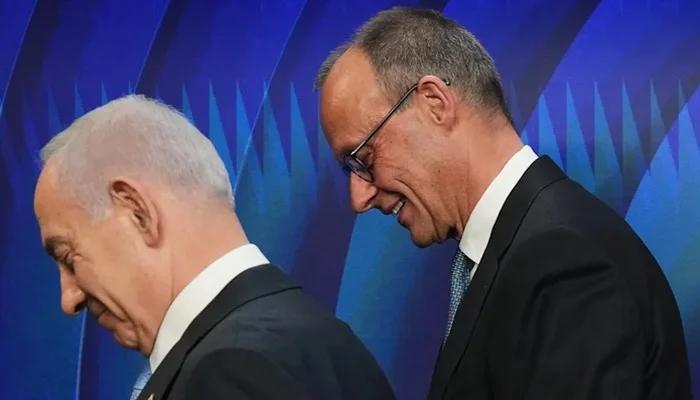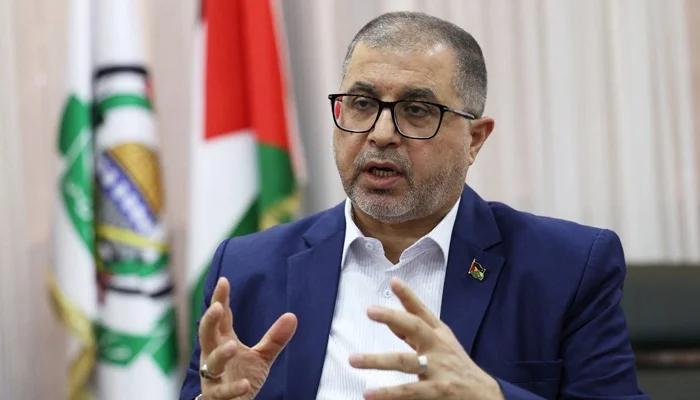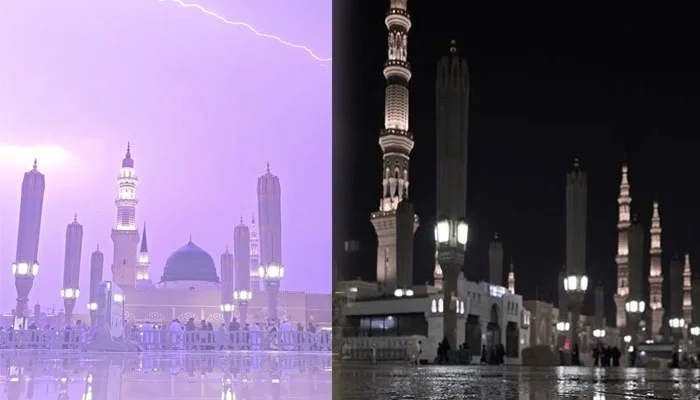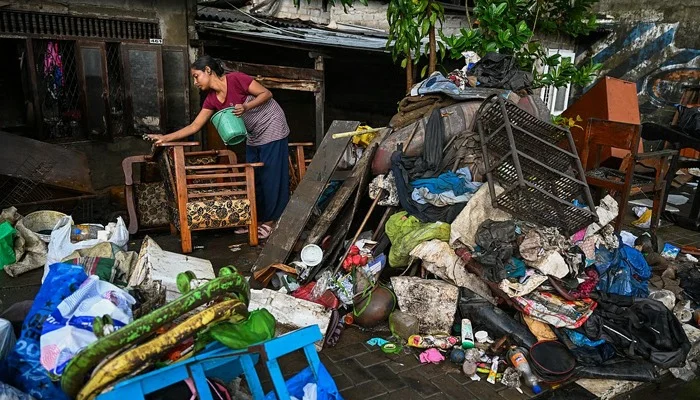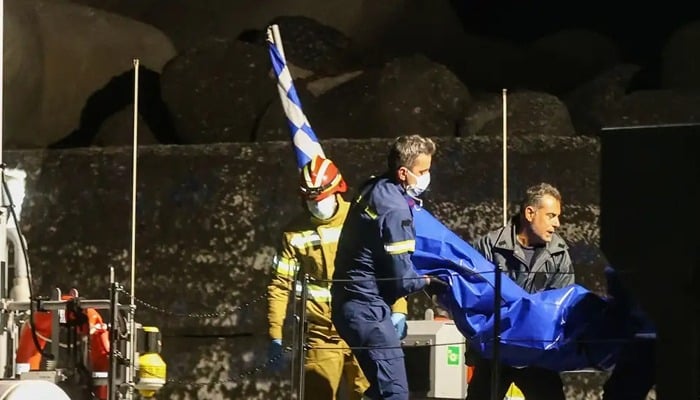Russia has approximately $132 billion (£100 billion) in gold reserves, which Putin is said to have been stockpiling since 2014 in anticipation of Western sanctions in response to Russia’s aggression against Ukraine. On Thursday, G7 leaders announced that they were cracking down on Russia’s gold reserves in an attempt to prevent Putin from exploiting this “lifeline.”
Existing Western sanctions, particularly those imposed on Russia’s Central Bank, prevent Russia from trading gold with Western countries.
According to Edoardo Saravalle, a sanctions expert at Columbia University in New York, the Russian leader has been stockpiling gold since the United States imposed sanctions on Russia in 2014 following the annexation of Crimea.
“Russia was a major buyer of gold for many years, but it wasn’t just about accumulating gold; it was also about finding gold in Russia.”
“All of this was done to get Russia ready for some kind of sanction.”
Putin appears to have followed in the footsteps of Venezuelan former President Hugo Chavez, who returned 160 tonnes of gold reserves from Europe in 2011.
The move is seen as critical to allowing Chavez’s successor, Nicolas Maduro, to maintain power in the face of crippling US sanctions imposed on his regime since 2014.
As Western countries tightened sanctions against Caracas over the years, Venezuela’s financial system has become increasingly isolated from the global economy.
In 2019, the United States imposed sanctions on Venezuela’s central bank, prohibiting Maduro from engaging in traditional gold operations such as selling gold in the London gold market or temporarily’swapping’ bullion for more liquid foreign currency.
Maduro, on the other hand, was able to harness the country’s gold wealth by reportedly transporting tonnes of physical gold around the world to sell in unregulated markets such as Uganda, the United Arab Emirates, and others.
As a result, the country’s gold reserves have provided a lifeline, with Maduro’s government selling the gold in “illicit markets” to obtain currency.
“Gold is theoretically more flexible in that it is a physical asset that can be moved,” Mr Saravalle explained.
“In the case of Venezuela, they physically loaded it onto a plane, flew it to Africa, and sold it, so it is certainly still a potential lifeline.”
However, experts believe that such illegal gold sales would not be sufficient to support Russia as it escalates its attacks on Ukraine, where Putin has been accused of targeting civilians and committing war crimes.
“There’s a reason that’s not how most countries manage their economies today,” Mr Saravalle explained. It’s a fairly rigid and time-consuming procedure.”
“Increasing gold reserves was clearly a page taken from Chevez’s playbook,” said Jan Lepeu, a sanctions expert at the European University Institute. “However, much like in the case of Venezuela, it’s unlikely to be a silver bullet.”
“The Russian case, like the Venezuelan case, has demonstrated that there is only so much you can do to mitigate the impact of sanctions in a globalised world.”
Putin may still seek to sell gold in other markets in order to bolster the country’s faltering economy.
“Gold has been used in the past to try to evade sanctions,” Mr Saravalle explained. In general, it is a potential means because it is physical, which allows it to be controlled by the government, and it is relatively fungible. So there are some ways it could be used to avoid sanctions.”
“Sanctions have the greatest impact through the financial system because banks have historically faced large fines for failing to comply with sanctions and are thus extremely receptive to Western sanctions.”
“So, because gold exists outside of the banking system, it’s always an appealing way to try to avoid sanctions.”
However, Western sanctions have not only cut Russia off from a large portion of potential buyers for its gold, but they have also significantly reduced the price Putin could sell his reserves at, as many countries now consider trade with Russia to be prohibited.
“I think it would help, but I don’t think it would be enough, especially in the short term,” he added.
“So much of the impact of the sanctions has come from the fact that they were imposed so quickly and by so many different people, resulting in a kind of tidal wave on the Russian economy.”
“And, in the event of a tidal wave, using that gold will not be fast enough.” It may change over time, but I doubt it will be particularly beneficial in the short term.”

